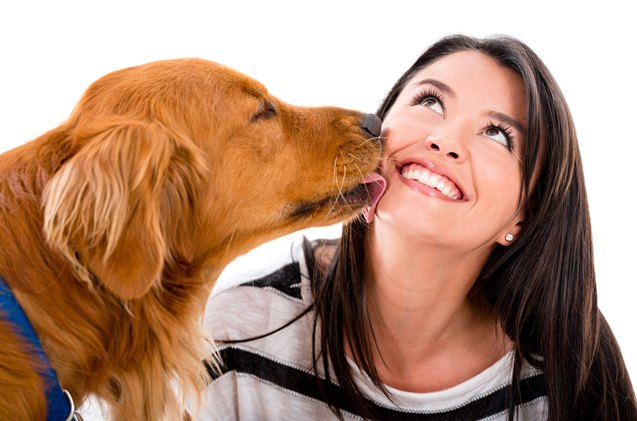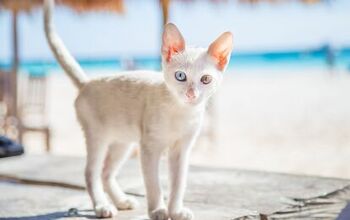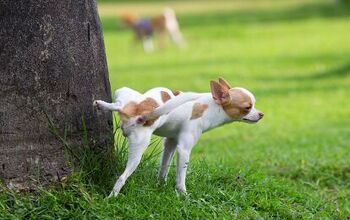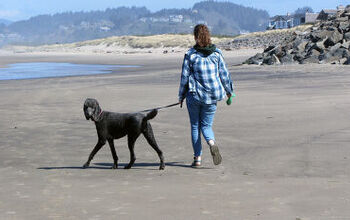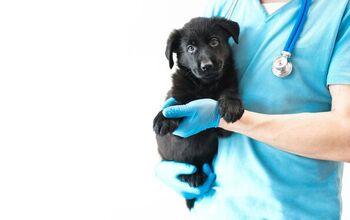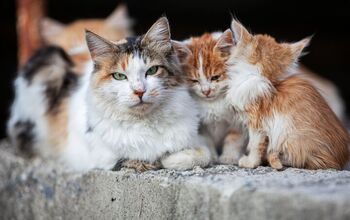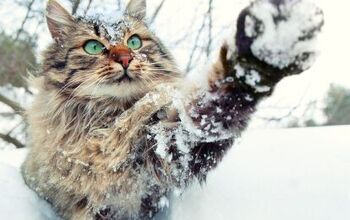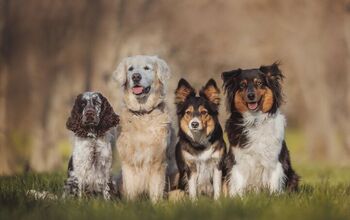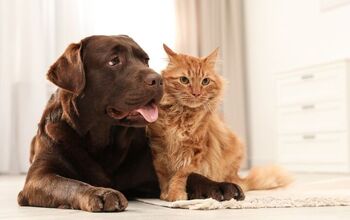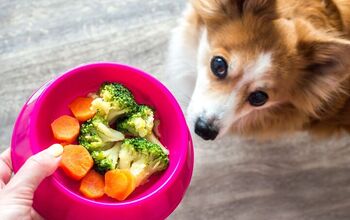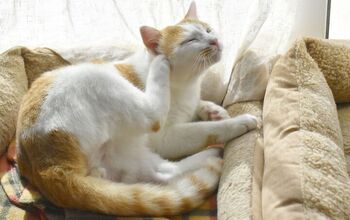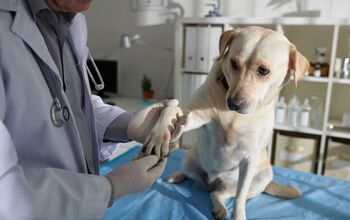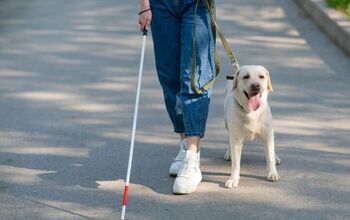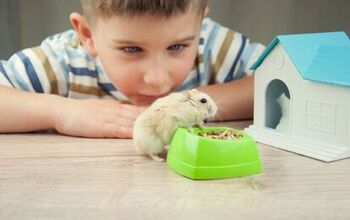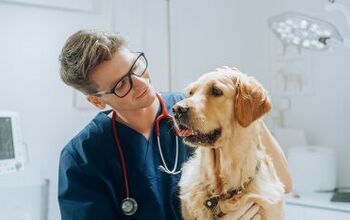Science Says Grieving For Our Pets is Human

If you have ever had and loved a pet… you know. You know that they are not simply pets, but family members.
Brian Hare, an anthropologist with Duke University, developed the “Domestication Hypothesis,” which explains the evolution of dogs from their wolf ancestors to the cuddly and friendly pooches we know and love today. Dogs have evolved specifically to have relationships with us – they provide unconditional love and affection, and want little in return.
Related: How To Prepare For Your Dog’s Journey Across The Rainbow Bridge
Studies show that just looking at a dog can make us smile, and that dog owners are happier on average than those who own cats (don’t tell your crazy cat lady neighbor!) or those who don’t have any pets (the horror!), and studies also show that dogs seem to love us just as much. Dogs brains respond to praise from us just as they respond to food and treats, and some studies show that praise is even more effective than food or treats in training.
Dogs try to help us, and work for and with us, and research shows that they can sense and avoid people who mean us harm or malintent. They recognize our faces and our feelings and they communicate with us in action and even in voice. They interact with us in ways that no other animal does, and so it stands to reason that when they die, we are greatly affected.
Psychologist Julie Axelrod recently published a paper detailing why the loss of our pet is so raw and intense. According to her, when our dog dies, we don’t just lose that dog, but we lose a companion, a source of love, a creature we sometimes treat and love in a childlike way, and a life-witness, among other roles dogs play in our lives. Dogs, as integral members of our families, are part of our daily routines and life, and when they pass, their loss profoundly changes that routine and life in a way the loss of friends and even relatives may not.
Related: Don’t Worry Human, Science Says Your Dog Loves You… Lots
Sadly, we also often have to play part in the loss of our pets, which complicates our grief. When forced to make humane decisions about life quality for our furry friends, there is a level of guilt associated in doing so that lingers long after the decision has been made. This guilt intensifies our already broken hearts, and changes our brainwave patterns and ways cognition, and sometimes permanently.
So, though losing one’s pet is certainly not like losing one’s child… the pain we feel is real and the loss heavy to our hearts. The loss requires grieving and healing as any other traumatic loss would, and there should be no shame in going through that process.
As author Irving Townsend said, “We who choose to surround ourselves with lives even more temporary than our own, live within a fragile circle, easily and often breached. Unable to accept its awful gaps, we still would live no other way.”
We’d still live no other way.

More by Lori Ennis



